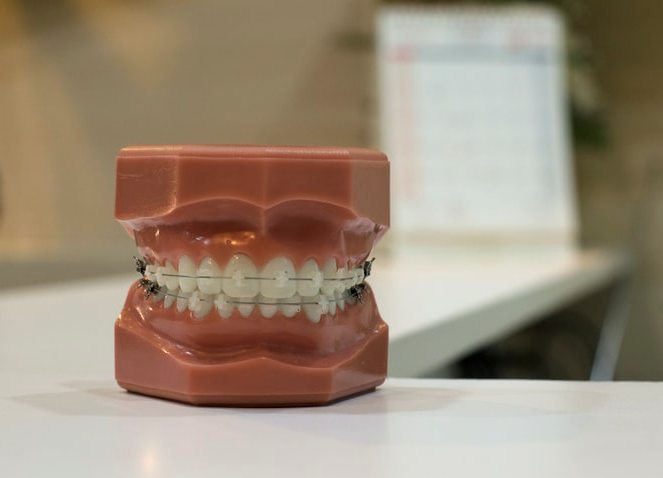When you think about oral care, you only consider your teeth. Gums are also part of overall dental health. Even if you have the whitest teeth, you will still have problems with gum issues.
Gingivitis is the most common problem associated with gums. At the earliest stage, the signs include inflammation, tenderness, redness, and bleeding. You may also have bad breath or taste. Hence, it’s crucial to consider gum care too. Here are some tips.
Always visit your dentist
Make it a habit to visit your dentist for a general check. Even if you don’t have dental problems, it’s crucial to see your dentist.
According to Regency House Dental, a reliable private dentist in Cheltenham for over 20 years, routine dental maintenance is necessary to prevent dental problems. If you have gum issues, your dentist will also notice them. You can take the next steps based on the recommendations.
Regular dental cleaning is the best way to remove tartar and prevent gingivitis. Don’t depend on brushing alone to help get rid of these dental issues.
Floss your teeth
Flossing isn’t only for your teeth. It’s also for your gums. It helps remove plaque and food that got stuck in between your teeth. Flossing also takes care of areas that are hard to reach. There’s no specific time for flossing. You can do it at any time of the day.
Quit smoking
Smoking has tons of negative effects on your dental health. Add to the list the possibility of having gum disease. The worst part is that smoking also weakens the immune system. It would be more difficult for your gums to heal once damaged if you’re a smoker.
Brush twice a day and be gentle
Brushing your teeth helps remove food and plaque. Don’t forget to reach your gums and tongue since they may also have bacteria. Make sure the toothbrush has soft bristles so you will feel comfortable.
You also need to be gentle when brushing to avoid bleeding gums. Consider using an electric toothbrush since it helps reduce gingivitis. Throw your toothbrush away if you already used it for three months. Once the bristles begin to fray, you should no longer use the toothbrush.
Use a fluoride toothpaste
Consider using fluoride toothpaste. It helps keep your gums healthy. It prevents gingivitis and freshens your breath. It also aids in teeth whitening. Ask your dentist about the right toothpaste to use. Don’t rely on commercials to determine the best brand.
Use mouthwash
Therapeutic mouthwash can prevent gingivitis and plaque. It also helps remove food particles stuck in the mouth. Tartar doesn’t develop quickly when you regularly use mouthwash. However, use it once you already brushed and flossed. Mouthwash isn’t an alternative to brushing.
With these tips, you can keep your gums healthy. Don’t wait until you already experienced gingivitis to do something about your gum’s health. Talk to your dentist and ask for advice to keep it healthy. Ask about your gums during your trip to the dentist.
